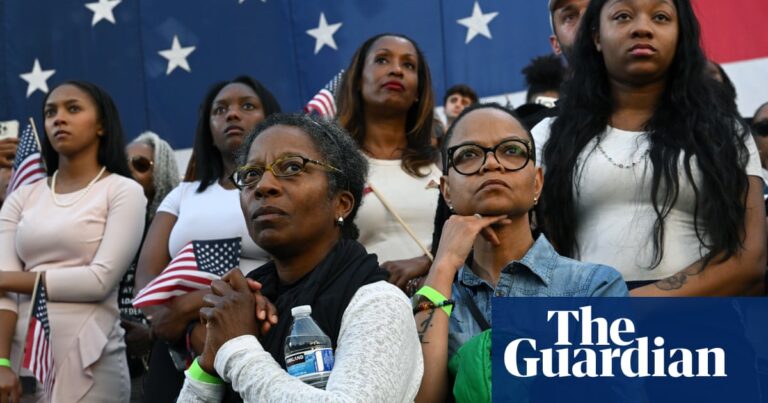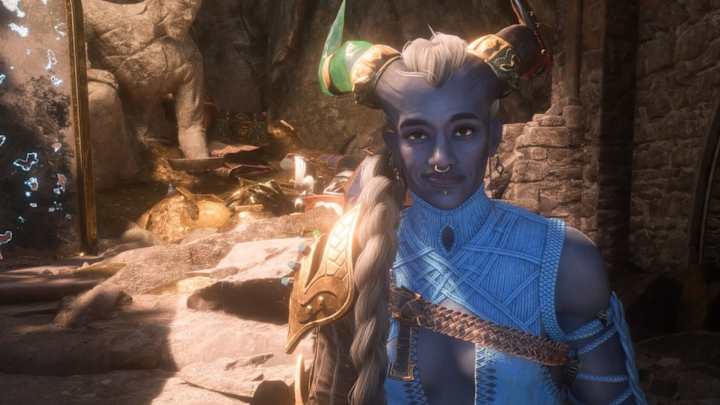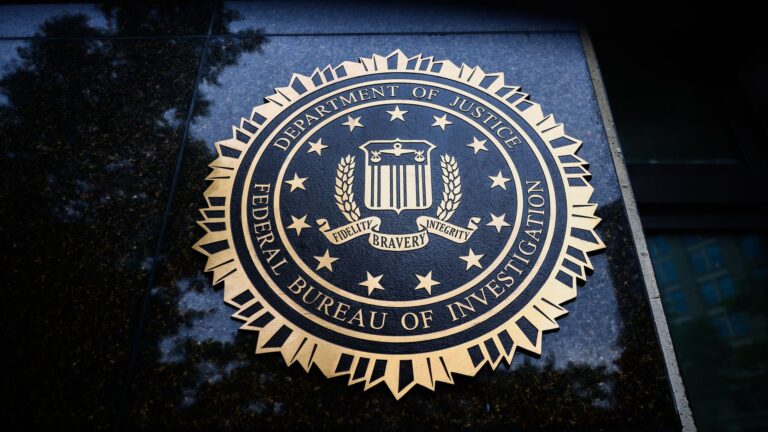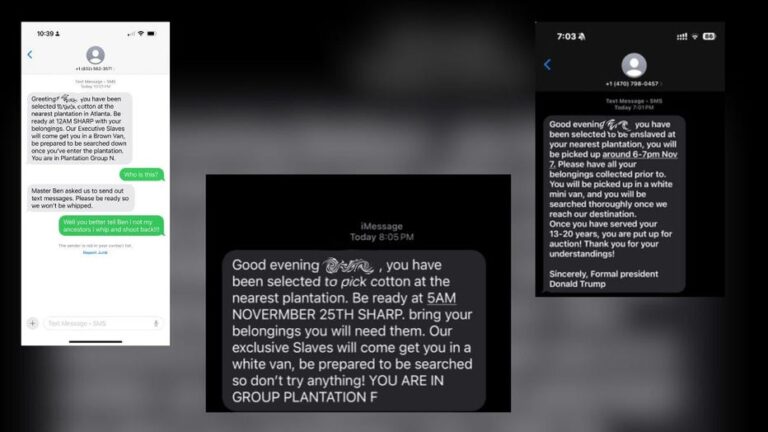Racism and Repression: A Closer Look at West Papua
Understanding Racism and Repression in West Papua
West Papua, a region rich in natural beauty and cultural diversity, lies in the eastern part of Indonesia. Yet, behind its stunning landscapes and vibrant traditions lurks a grim reality—racial discrimination and severe repression. In this article, we’ll dive deep into the issues confronting the indigenous people of West Papua and shed light on the complex interplay of racism and political tensions. Buckle up! We’re about to embark on a journey that’s as eye-opening as it is essential.
A Historical Overview
The Colonial Legacy
To truly grasp the situation in West Papua today, we need to turn the pages back in history. Initially colonized by the Dutch in the 17th century, West Papua’s fate shifted dramatically in the mid-20th century when Indonesia gained independence. The transfer of authority from the Dutch to Indonesia sparked a series of events that, rather than fostering unity, deepened divisions.
During the 1960s, the so-called “Act of Free Choice”—an exercise in self-determination—was conducted under circumstances that many West Papuans considered a sham. A mere 1,025 representatives were chosen to vote on whether to join Indonesia or remain under Dutch control. Result? Overwhelming pressure led to a choice that did not reflect the will of the broader population.
The Rise of Ethnic Tensions
Fast forward to modern times, and the echoes of colonialism still resonate. Indigenous Papuans, who have inhabited the lands for thousands of years, find themselves marginalized. The influx of migrants from other parts of Indonesia—often for economic opportunities—has transformed the social landscape, leading to rising tensions between the indigenous population and migrants.
The Struggle for Identity
For many West Papuans, the struggle is not just about physical territory; it’s deeply tied to their cultural identity. Imagine being told that your language, customs, and very way of life are inferior. This alienation is a daily reality for countless Papuans, as they navigate a society that often perceives them through a lens of stereotypes and discrimination.
Racism in Day-to-Day Life
So, what does racism look like for the people of West Papua? It’s not always overt, but its presence can be felt in various aspects of life. Let’s break it down:
Socioeconomic Disparities
Can you picture living in a beautiful region, yet facing alarming rates of poverty? In West Papua, indigenous communities often grapple with inadequate access to education, healthcare, and job opportunities. This socioeconomic gap, deeply rooted in systemic racism, fuels resentment and instability.
- Indigenous Papuans frequently populate the lower rungs of the socioeconomic ladder.
- They often lack access to essential services and opportunities for upward mobility.
- Corruption and mismanagement further exacerbate the suffering of these communities.
Social Discrimination
Beyond economics, social discrimination seeps into everyday interactions. Employers may overlook qualified indigenous applicants, opting instead for migrants. Stereotypes perpetuated by media and political figures paint Papuans as untrustworthy or violent, perpetuating a cycle of bias.
Police Brutality and Military Presence
The police and military presence in West Papua is notable—and not in a good way. Frequent incidents of brutality against indigenous people illustrate a deep-rooted problem. Consider this: How often do you hear about violence erupting during peaceful protests? This is a common occurrence for Papuans raising their voices for their rights.
- Excessive use of force is not just an isolated incident; it’s part of a larger pattern of repression.
- Protests against the government are often met with disproportionate responses, adding a layer of fear to civic activism.
- Such repression has silenced many voices that might challenge the status quo.
The Impact of Racism and Repression
Psychological Toll
Let’s get real: what toll does this constant discrimination take on a community? The psychological impacts can be profound. The feeling of being perpetually oppressed can lead to mental health issues, diminished self-worth, and a sense of hopelessness. Imagine waking up every day feeling marginalized and powerless—that’s life for many Papuans.
Cultural Erosion
As indigenous people contend with racism and repression, there’s also the threat of cultural erosion. Traditional practices, languages, and customs may fade away if not actively preserved. When your identity is undermined, how do you maintain your unique cultural heritage?
Activism and Resistance
Despite these overwhelming challenges, the spirit of resistance burns brightly among West Papuans. Activists and community leaders are tirelessly working to bring global attention to their plight. Social media has become a powerful tool for amplifying their voices. Movements like “Free West Papua” are not just slogans; they’re a rallying cry for dignity, freedom, and respect.
The International Perspective
Human Rights Violations
Internationally, organizations like Amnesty International and Human Rights Watch have spotlighted the human rights violations occurring in West Papua. Reports of arbitrary arrests, torture, and extrajudicial killings are just the tip of the iceberg. How can the global community turn a blind eye to such atrocities?
Geopolitical Interests
West Papua is not just an isolated case of racial injustice, but part of a larger geopolitical chess game. Natural resources have drawn the interest of multinational corporations, leading to exploitative arrangements that benefit few while leaving local communities devastated. The question lingers: Who benefits from this arrangement?
What Can Be Done?
So, where do we go from here? Advocating for change means recognizing our role in the conversation. Here are some actions that individuals and organizations can take:
- Raise awareness within your community about the situation in West Papua.
- Support NGOs working on the ground to educate and empower indigenous people.
- Pressure governments to take a stance on human rights violations and hold those in power accountable.
- Use social media platforms to amplify Papuan voices and share their stories.
Conclusion
Racism and repression in West Papua are multifaceted issues steeped in historical complexities and ongoing societal injustices. While the indigenous people continue to fight for their rights and identity, the international community has a profound role in supporting their struggle. By understanding and engaging with these pressing issues, we can contribute to a future where diversity reigns, and every person’s rights are upheld.
FAQs
1. What are the main causes of racism in West Papua?
Racism in West Papua stems from a mix of historical colonialism, socioeconomic disparities, and cultural stereotypes that marginalize indigenous populations.
2. How can the international community help West Papua?
By raising awareness, supporting NGOs, advocating for human rights, and applying diplomatic pressure on Indonesian authorities to respect Papuan rights.
3. What role does social media play in the struggle for West Papua?
Social media amplifies the voices of West Papuans, enabling grassroots activism and global awareness about their plight.
4. Are there any notable indigenous activists in West Papua?
Yes, many activists, such as Benny Wenda, work tirelessly to advocate for the rights and recognition of the indigenous Papuan population.
5. How does the situation in West Papua compare to other global struggles against racism?
Similar to struggles in various parts of the world, the fight in West Papua is rooted in a desire for self-determination and equality against systemic racism and oppression.






